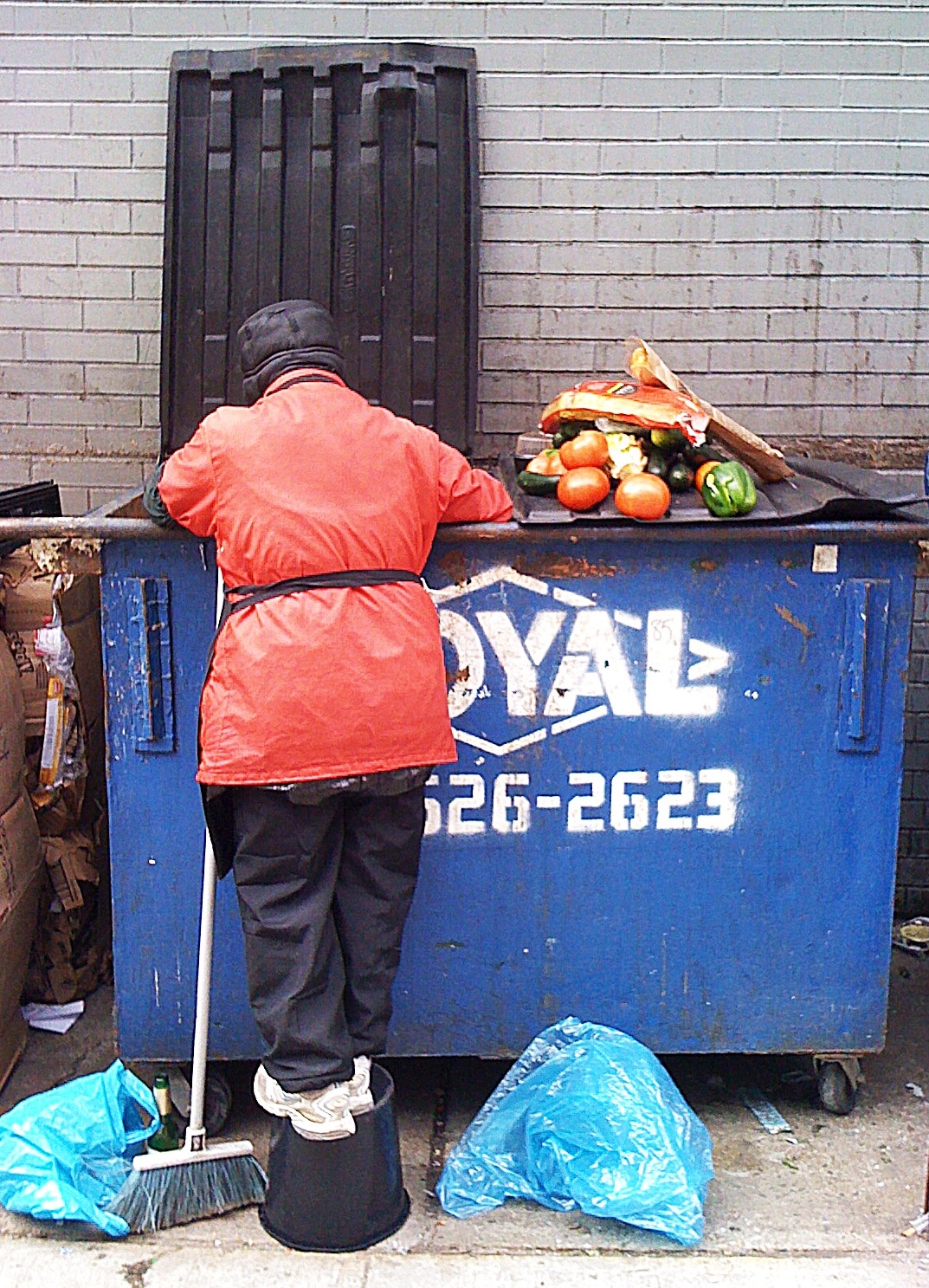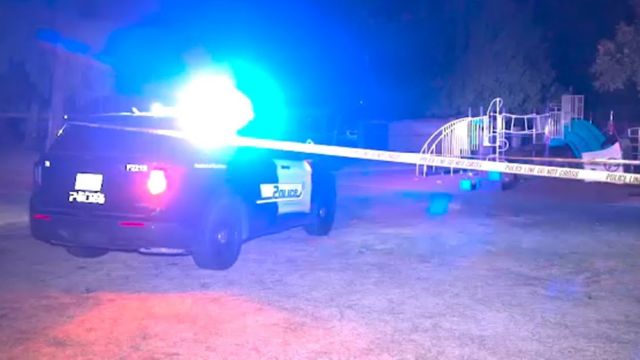Is Dumpster Diving Legal in Illinois? Although it is not strictly forbidden in Illinois, dumpster diving can sometimes be restricted by trespassing laws and local bylaws. Dumpster diving is not illegal in the state; however people must exercise caution when accessing dumpsters. Entry into a trash on private property without permission can often result in a trespassing offense. In addition, local governments may also pass laws that limit or strictly prohibit scavenging in certain areas, especially where commercial or residential buildings exist.
This article examines Illinois’s legal environment regarding dumpster diving, including when it’s acceptable, possible legal repercussions, and advice on how to stay out of trouble.
Legal Legislate the Dumpster Divining in Illinois
Dumpster diving is the act of rummaging around of commercial or residential trash bins to seek out discarded but useful items. While Illinois does not have laws targeting dumpster diving, there are legal aspects that make dumpster diving be a legal or an illegal activity depending on circumstances.
- There is no State-wide law that prohibits dumpster diving
There is no law in Illinois that criminalizes dumpster diving all over the state. Therefore, dumpster diving may be technically legal in some areas- mainly if the garbage is located in a public place whereby no one can reasonably expect privacy or property rights. This, however does not mean that dumpster diving is universally allowed.
- Public vs. Private Property: Whether or not dumpster diving is legal depends on the location of the dumpster. If the dumpster is on public property or a public place, then a person is well within their rights to dive into it, otherwise, no penalty for doing so legally. However, if the dumpster sits on private property, such as behind a business or in a gated residential area, going onto the property to get to the dumpster may well constitute a trespass.
- Trespass Statutes
One of the most obvious and significant legal risks of dumpster diving in Illinois is that of trespassing. Trespass to property is defined by Illinois statute as an entry into or continuing to remain on property owned by another person without consent. It would violate 720 ILCS 5/21-3 of the Illinois Criminal Code if a dumpster is placed on private property, maybe behind a store or in some otherwise closed-off space, without permission from the property owner.
- Trespassing Penalties: The criminal law may hold the trespasser in the dumpster criminally liable for fines and/or community or jail if the offense was committed more than once. Typically, trespassing as a simple offense is a misdemeanor; however, other actions such as damaging property or theft can make it more serious.
- City Ordinances and Looting Laws
In addition to state trespassing laws, many cities and municipalities within Illinois have enacted local ordinances regulating or prohibiting the activity of scavenging or dumpster diving. Such ordinances vary significantly across cities but typically focus on public health and sanitation as well as safety standards.
- Chicago Ordinances: For example, in the city of Chicago, a local ordinance prohibits residents from digging through trash or recycling cans that have been set out at the curb for pickup. Once put into these cans, the contents of the waste they contain become the property of the city’s sanitation authority and to remove anything from those cans without consent is illegal. Violators can be fined or issued citations by local authorities.
- Other Cities: Similarly, other cities within Illinois, such as Springfield and Naperville, have similar laws enacted to limit scavenging activities. More often than not, it is the local government or police department that would know about ordinances affecting your location.
Health and Safety Concerns
Dumpster diving, especially for food or potently hazardous materials, introduces vast health and safety aspects into the scene. Public health codes usually have a word in how access to the dumpsters is controlled and regulated, especially to businesses handling food or medical wastes.
- Food Safety and Public Health Codes
Food no longer needed on anyone’s plate may appear in dumpsters behind grocery stores, restaurants, and food-processing facilities. Scavenging for food in such dumpsters can carry health risks for the individual but could also contravene public health statutes designed to prevent disease and contamination in the community.
- Liability for Businesses: Businesses may be concerned about liability if someone becomes ill after consuming food found in their dumpsters. Therefore, many businesses lock their dumpsters or place them behind gated areas to prevent access and reduce their potential liability.
- Hazardous Waste
Sometimes the dumpsters will have hazardous materials, broken glass, chemicals, and medical wastes. Diving into such dumpsters may cause injuries and contamination. Sometimes, locally, it is not permitted to access hazardous contents in dumpsters as a case of environmental degradation or personal injury.
Legal Consequences of Dumpster Diving in Illinois
Consequences for dumpster diving in Illinois vary depending on the circumstances of being caught. Some of the legal outcomes that may be applicable include the following:
- Fine and Citation
In most cases, a person caught dumpster diving either in violation of local ordinances or trespassing laws will receive a fine or citation. These range from $50 to $500 according to the extent of the offense and whether it’s a repeat offense.
- Trespassing Charges
When arrested dumpster diving on property that is not your own, you can be charged with trespassing. As was mentioned earlier, trespassing is classified as a misdemeanor in Illinois. Possible consequences may involve fines, community service, or jail time for those caught multiple times.
- Public Nuisance Violations
Some cities consider dumpster diving a public nuisance if it creates a littering problem or interferes with efforts to maintain clean public areas. Here, someone can be convicted of creating a public nuisance, which means fines and penalties are applied.
Tips on Safe Dumpster Diving in Illinois
For those who want to dumpster dive without running into legal issues, here are some tips on how not to get into trouble
- Local Rules: Find out what the local ordinances are before reaching out to the dumpster. Most cities and towns post online, on their official websites, the trash and recycling rules about how things work in their cities.
- Private Property: Avoid accessing private property for dumpsters. Use a public dumpster, or an area with no signs or gates that are in any way limiting access.
- Respect Locked or Fenced Dumpsters: If a dumpster is locked or behind a fence, it is a clear sign that access is prohibited. Do not attempt to bypass locks or fences, as this can lead to trespassing charges.
- Obey Health and Safety Guidelines, especially: wear gloves, wearing protective clothes when collecting from dumpsters to prevent injury or exposure of harmful substances. Will not take food or items that might have been contaminated.
Conclusion
Dumpster diving in Illinois, as of 2024, is a legally gray activity. While no state law prohibits the activity of dumpster diving, various local legislation and trespassing laws can impose jail time on any individual for performing the act in specific areas. Dumpster divers are obligated to understand the local legislation, to respect the private rights to property, and to ensure safety for the entire dumpster diving process. In so doing, they avoid the risk of being put behind bars and also stay out of trouble in Illinois laws.


 by
by 




